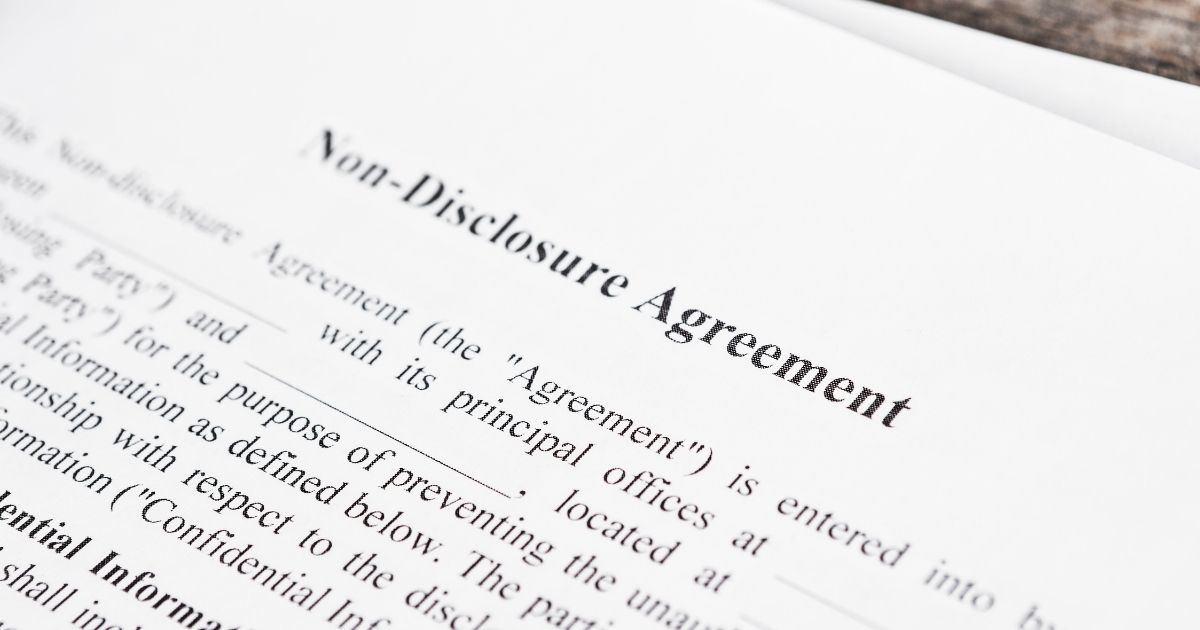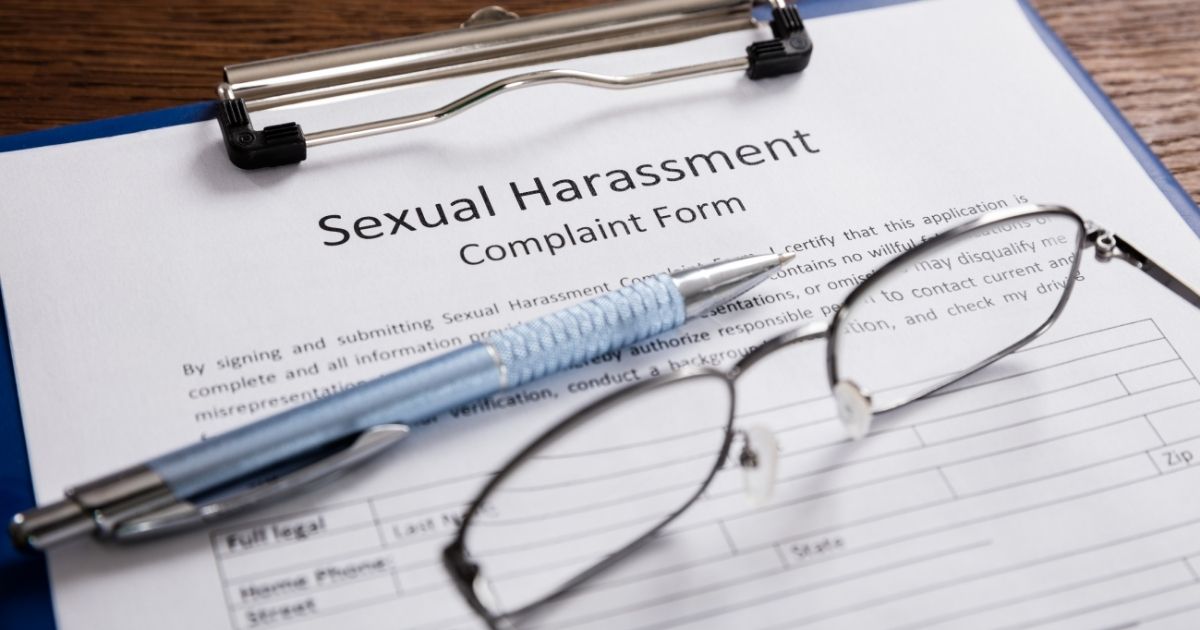Steps to Take When Your Business Faces Intellectual Property Theft

Intellectual property (IP) theft is a direct threat to businesses of all sizes. Whether a competitor is selling counterfeit versions of your product, using your copyrighted content, or misappropriating your trade secrets, failing to act quickly can cost you revenue and weaken your market position. Unfortunately, many business owners either don’t know where to start or assume enforcement will be too costly. The reality is that the longer you wait, the harder it becomes to protect your rights.
If you suspect your intellectual property has been stolen or misused, take immediate steps to assess the situation and determine the best course of action. Addressing the problem quickly can prevent further damage and strengthen your legal position.
Gather Evidence and Confirm the Infringement
Not all cases of similar branding, content, or product designs qualify as intellectual property theft. Before taking action, confirm that the suspected infringement falls under one of the following legal protections:
- Trademarks protect business names, logos, and slogans. If another company is using a mark that is confusingly similar to yours, it could lead to brand dilution and lost customers.
- Copyrights apply to original creative works, such as written content, videos, software, and images. Unauthorized reproduction or distribution of copyrighted material is a clear violation.
- Patents grant exclusive rights to inventions. If a competitor is selling or manufacturing a patented product without authorization, that may constitute infringement.
- Trade secrets include confidential business processes, formulas, or strategies that provide a competitive advantage. If a former employee or competitor has misappropriated this information, immediate action is critical.
Once you identify a violation, document all relevant evidence. Take screenshots, save emails, and keep records of unauthorized use. If counterfeit goods are involved, purchasing a sample can help establish proof. If an employee or business partner has misused confidential information, review any contracts or non-disclosure agreements they signed. The stronger your evidence, the more effectively you can enforce your rights.
Take Action to Stop the Infringement
After confirming the infringement and gathering evidence, determine the best way to enforce your rights. The appropriate course of action depends on the nature of the violation and whether the infringer is likely to cooperate.
- Send a Cease-and-Desist Letter. A cease-and-desist letter is often the first step in resolving intellectual property disputes. This formal notice informs the infringer that they are violating your rights and demands that they stop immediately. It may also request compensation for damages. Many businesses comply at this stage to avoid legal consequences.
- Submit a Takedown Request. If the infringement occurs online, you can often submit a takedown request to remove the content. Social media platforms, e-commerce sites, and website hosts have procedures for handling intellectual property violations. Filing a complaint with platforms like Amazon, eBay, or Instagram can quickly remove counterfeit listings or unauthorized use of copyrighted material.
- Negotiate a Resolution. Some cases of infringement happen unintentionally. If a competitor is using similar branding or marketing but is willing to cooperate, resolving the matter through direct communication or mediation may be possible. A licensing agreement or modification of branding elements can sometimes be a cost-effective solution.
- Pursue Legal Action. If the infringer refuses to comply or the violation has caused significant harm, taking legal action may be necessary. This could involve filing a lawsuit for financial damages, seeking a court injunction to stop further violations, or holding counterfeiters accountable. In cases involving trade secret theft, fast action is essential—delaying enforcement can lead to permanent exposure of confidential business information.
Philadelphia Business Lawyers at Sidkoff, Pincus & Green P.C. Help You Protect Your Business
Intellectual property theft isn’t just a nuisance—it can threaten the stability of your company and cost you significant revenue. Taking swift action is critical, and navigating the legal process on your own can be overwhelming. Speak with the Philadelphia business lawyers at Sidkoff, Pincus & Green P.C. about how we can help you. Contact us online or call us at 215-574-0600. Located in Philadelphia, we proudly serve clients in New Jersey and Pennsylvania, including South Jersey.
























